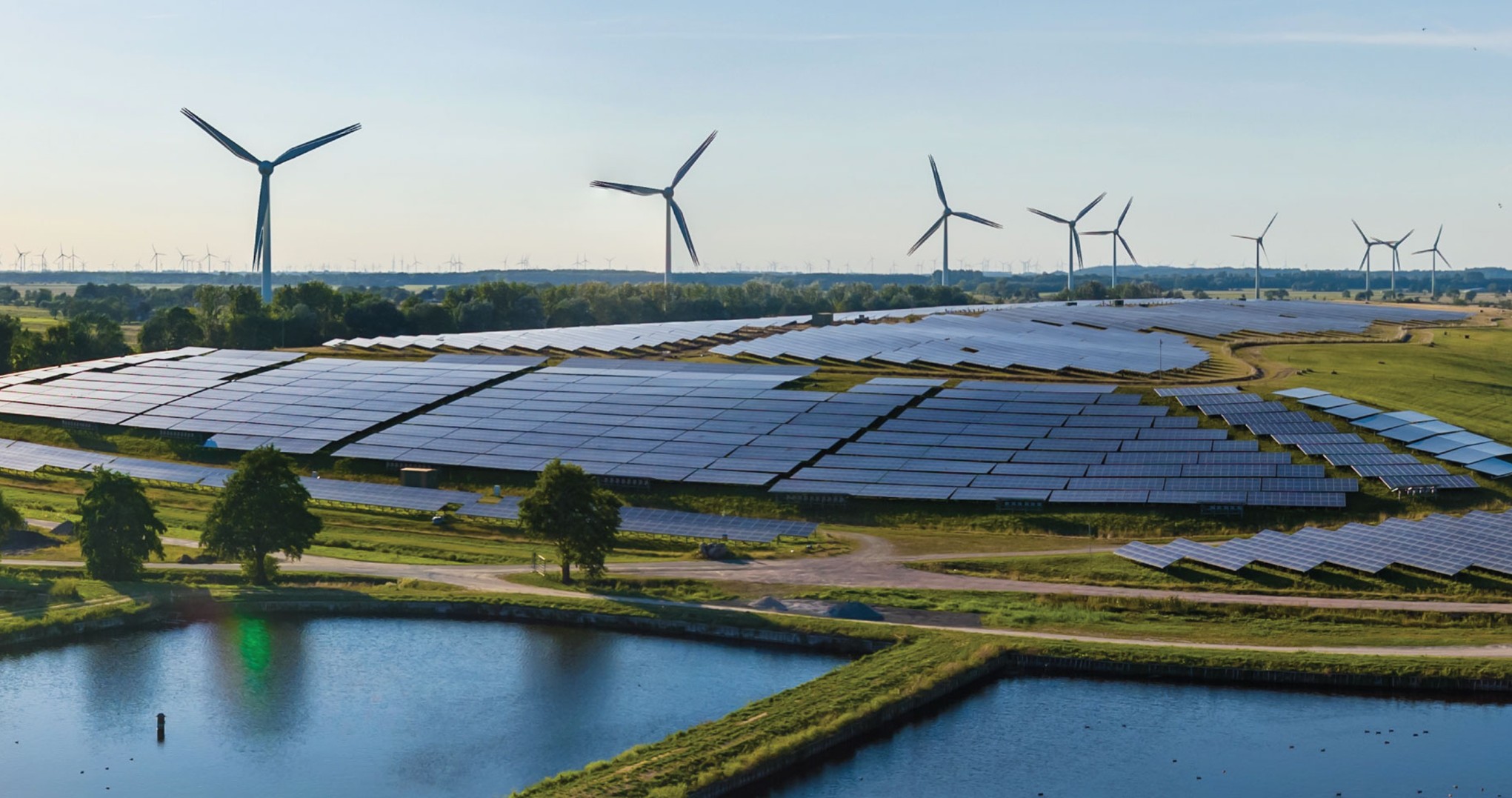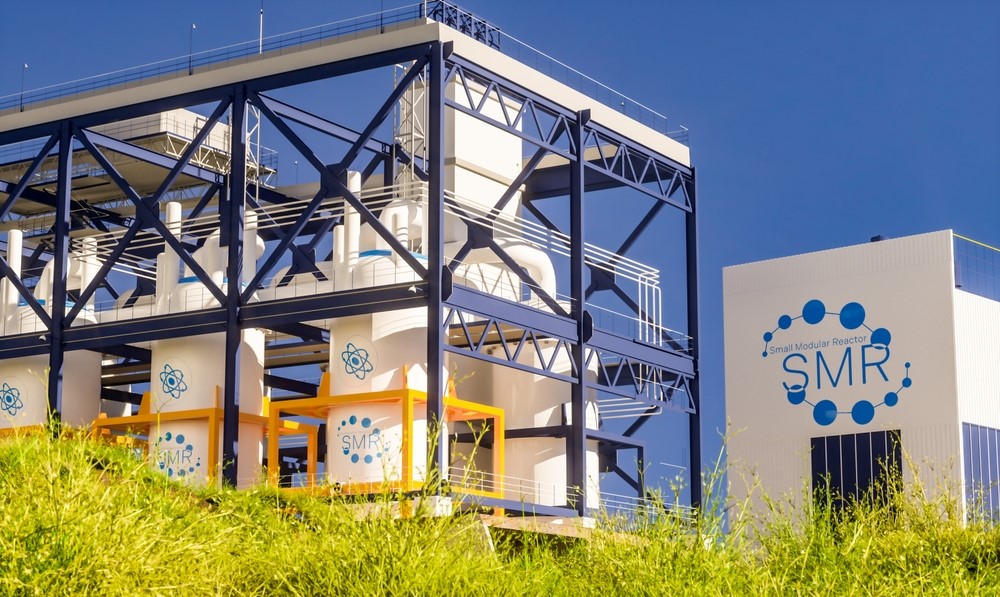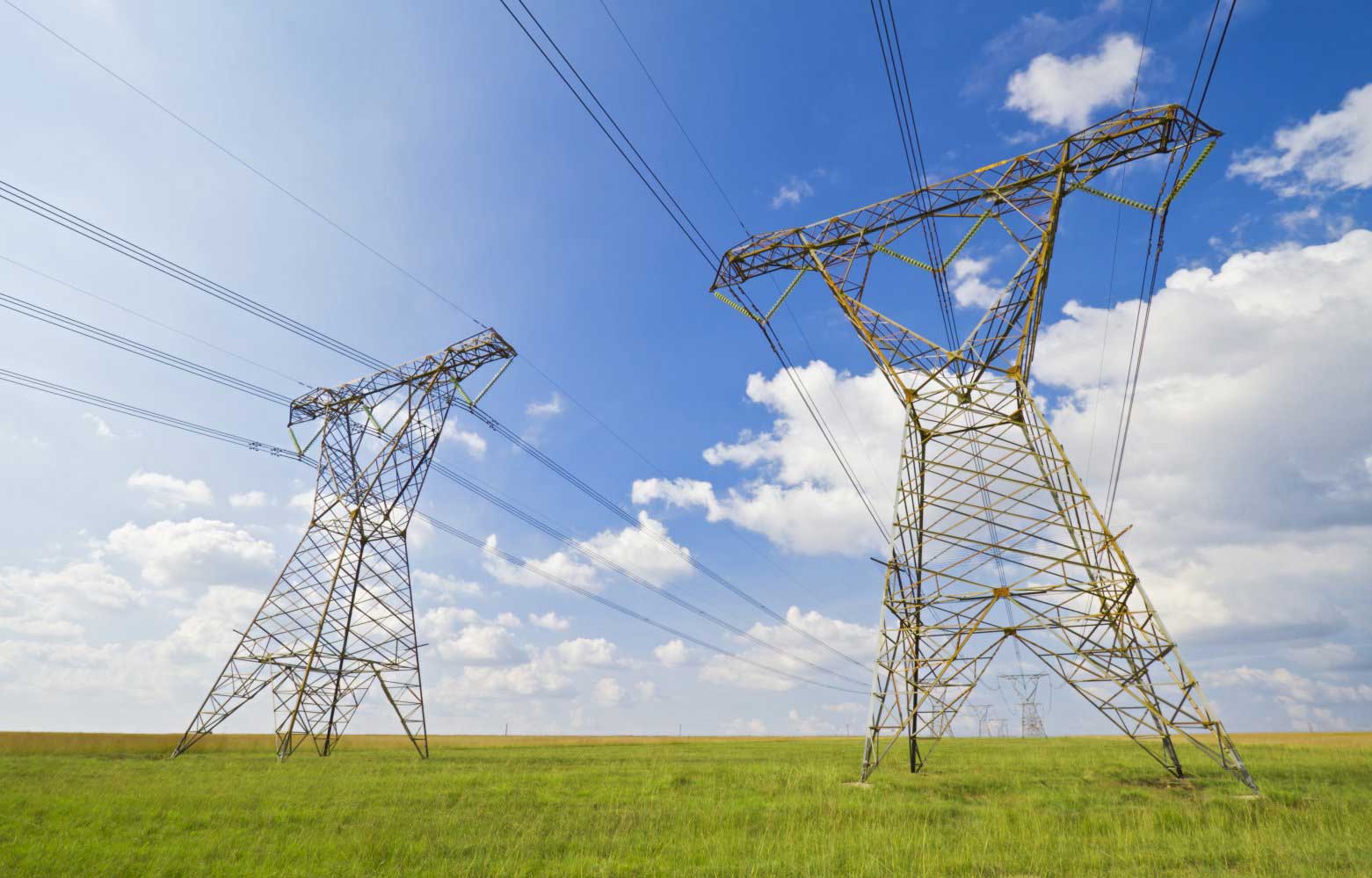Comments/observations On The VPPA Draft Guidelines – By Eninrac Consulting
-
Potential Challenges
Risk and Counterparty Reliability VPPAs are long-term contracts (often 10–20 years), and the financial stability of the Consumer or Designated Consumer is critical for the RE generator. If the Consumer defaults or faces financial distress, the RE generator risks non-payment of the agreed VPPA price, impacting project viability. How this risk can be hedged by the RE generator?
Impact on: RE Generator
Recommendations
- Creditworthiness Assessment: The guidelines should mandate a transparent process for assessing the creditworthiness of Consumers or Designated Consumers before entering VPPAs. This could include requiring financial guarantees (e.g., bank guarantees, parent company guarantees) or escrow accounts for high-risk counterparties.
- Default Mechanisms: Specify remedies for RE generators in case of Consumer default, such as early termination clauses, penalty structures, or the ability to redirect RECs to alternative buyers without breaching the NTSD framework.
- Regulatory Oversight: CERC could establish a mechanism to monitor the financial health of Designated Consumers, particularly for long-term contracts, to ensure ongoing compliance and payment security.
Global Reference
- In the U.S., corporate VPPAs often involve creditworthy buyers (e.g., tech giants like Google or Amazon), reducing counterparty risk. However, smaller or less financially stable buyers pose risks, and providers often require credit enhancements like guarantees or letters of credit.
- In Europe, some markets (e.g., Spain, Germany) use third-party intermediaries or escrow mechanisms to mitigate default risks.
-
Potential Challenges
Price Volatility and Settlement Risks The VPPA structure involves settling the difference between the fixed VPPA price and the fluctuating market price. If market prices drop significantly (e.g., due to oversupply of renewable energy), the RE generator may face delays or disputes in receiving differential payments from the Consumer, especially if the Consumer faces financial strain.
Impact on: RE Generator
Recommendations
- Settlement Clarity: The guidelines should specify timelines and processes for bilateral settlements (e.g., monthly or quarterly reconciliations) to avoid disputes over payment delays.
- Price Risk Mitigation: Introduce optional mechanisms like price floors or caps in VPPA contracts to limit financial exposure for both parties, particularly for RE generators in volatile markets.
- Escrow or Clearing Mechanism: Consider involving a third-party clearinghouse or escrow account for settlements to ensure timely payments, similar to practices in mature VPPA markets.
Global Reference
- In the U.S., VPPA contracts often include clear settlement schedules and dispute resolution mechanisms to handle price differential payments. Some contracts use third-party administrators to streamline settlements.
- In Australia, VPPAs sometimes incorporate floor prices or collars to limit exposure to extreme market price volatility.
-
Potential Challenges
REC Transfer and Compliance Risks The guidelines mandate that RECs be transferred to the Consumer for RCO compliance or green attribute claims, and these RECs are non-tradable. If the Consumer fails to report REC receipt to the REC Registry or disputes the transfer, the RE generator could face delays or losses in REC recognition, affecting project returns.
Impact on: RE Generator
Recommendations
- Standardized REC Transfer Process: The guidelines should detail a standardized, time-bound process for REC transfers, including mandatory reporting to the REC Registry by both parties to avoid disputes.
- Registry Integration: Strengthen the REC Registry’s role by implementing automated tracking systems (similar to global models) to ensure transparency, prevent double-counting, and confirm REC extinguishment.
- Penalties for Non-Compliance: Specify penalties or recourse for Consumers who fail to report REC receipt, protecting RE generators from administrative delays.
Global Reference
- In the U.S., REC transfers are managed through robust tracking systems (e.g., M-RETS, WREGIS) to ensure transparency and prevent double-counting. Disputes over REC ownership are rare due to standardized protocols.
-
Potential Challenges
Contract Duration and Flexibility VPPAs are long-term, non-tradable, and non-transferable contracts, binding both parties for the entire duration. This lack of flexibility can expose RE generators to risks if market conditions, regulatory frameworks, or Consumer needs change (e.g., changes in RCO targets or Consumer insolvency).
Impact on: RE Generator
Recommendations
- Termination Clauses: The guidelines should allow for mutually agreed early termination or renegotiation clauses to address scenarios like regulatory changes, project failure, or Consumer insolvency, ensuring RE generators are not locked into unviable contracts.
- Flexible Tenures: Permit shorter-term VPPAs (e.g., 5 years) to attract smaller RE generators or Consumers with shorter planning horizons, balancing flexibility with long-term project bankability.
- Force Majeure Provisions: Clearly define force majeure events (e.g., policy changes, grid curtailment) that allow temporary suspension or adjustment of VPPA terms to protect RE generators.
Global Reference
- In the U.S., some VPPAs include provisions for early termination, force majeure, or renegotiation clauses to address unforeseen changes (e.g., regulatory shifts or project underperformance).
-
Potential Challenges
Regulatory and Policy Uncertainty The guidelines rely on existing regulations (e.g., Electricity Act, 2003; REC Regulations, 2022), but future changes in RCO targets, REC frameworks, or power market regulations could affect VPPA viability. RE generators need assurance that regulatory shifts won’t undermine their contracts.
Impact on: RE Generator & Buyer
Recommendations
- Regulatory Stability: CERC should provide guidance on how changes in RCO targets or REC regulations will impact existing VPPAs, potentially grandfathering existing contracts to protect RE generators.
- Transition Mechanisms: Include provisions for transitioning VPPA terms in case of major regulatory changes, such as adjustments to REC eligibility or RCO requirements.
- Policy Alignment: Ensure alignment with other renewable energy policies (e.g., Green Open Access Rules, Renewable Purchase Obligations) to avoid conflicting obligations for RE generators.
Global Reference
- In the U.S., VPPA markets benefit from stable REC frameworks and tax incentives (e.g., Production Tax Credits), providing long-term certainty for RE generators.
- In Europe, policy stability for renewable energy support (e.g., EU Green Deal) encourages VPPA adoption, but changes in subsidy schemes have occasionally disrupted markets.
-
Potential Challenges
Dispute Resolution Mechanisms The guidelines state that disputes should be “mutually settled” as per contract terms, but this lacks specificity. Without a clear dispute resolution framework, RE generators & buyers may face prolonged disputes.
Impact on: RE Generator & Buyer
Recommendations
- Standardized Dispute Resolution: Mandate arbitration or mediation as a default mechanism for unresolved disputes, with clear timelines and involvement of neutral third parties (e.g., CERC-approved arbitrators).
- Contract Templates: CERC could develop standardized VPPA contract templates with predefined dispute resolution clauses, drawing from global best practices, to reduce negotiation costs and risks for RE generators.
Global Reference
- In the U.S., VPPA contracts often include arbitration clauses or mediation processes to resolve disputes efficiently, with clear timelines and neutral third-party involvement.
- In Australia, some VPPAs use industry-standard templates with predefined dispute resolution mechanisms to reduce legal risk.
-
Potential Challenges
Administrative and Compliance Burden The guidelines require RE generators to register projects with the REC Registry, sell electricity through power exchanges, and transfer RECs, which can be administratively complex, especially for smaller developers. Non-compliance by Consumers (e.g., failure to report REC receipt) could further complicate matters.
Impact on: Small RE Developers
Recommendations
- Simplified Processes: CERC could develop digital platforms or tools to streamline VPPA registration, REC transfers, and settlement reporting, reducing administrative costs for RE generators.
- Support for Small Generators: Provide guidelines or support mechanisms (e.g., through traders or OTC platforms) to assist smaller RE generators in navigating VPPA compliance requirements.
- Consumer Accountability: Enforce strict timelines and penalties for Consumers failing to comply with REC reporting obligations, protecting RE generators from administrative delays.
Global Reference
- In the U.S., streamlined REC tracking systems and third-party administrators reduce administrative burdens for RE generators.
- In Europe, digital platforms for VPPA management (e.g., for GO transfers) simplify compliance and reporting.
-
Potential Challenges
Financing and Bankability of VPPA Projects RE generators rely on VPPA revenue to secure project financing. However, uncertainties around Consumer creditworthiness, regulatory stability, or settlement risks may make VPPA-backed projects less attractive to lenders, particularly for smaller or newer developers.
Impact on: RE Generator
Recommendations
- Standardized Contracts: Develop standardized VPPA templates to enhance bankability, including clauses for credit support, termination, and dispute resolution, aligned with lender expectations.
- Financial Support Mechanisms: Explore government-backed guarantees or insurance schemes for VPPA projects to reduce financing risks, particularly for smaller RE generators.
- Lender Engagement: CERC could engage with financial institutions to align VPPA frameworks with lender requirements, ensuring projects are financeable.
Global Reference
- In the U.S., VPPA bankability is enhanced by standardized contracts, credit enhancements, and stable REC markets, making projects attractive to financiers.
- In Europe, digital platforms for VPPA management (e.g., for GO transfers) simplify compliance and reporting.
This commentary on the VPPA draft guidelines is closely aligned with the evolving regulatory landscape exemplified by the Draft CERC Terms and Conditions for RECs – First Amendment Regulations, 2025 Omnicore Plus. In particular, integrating insights from the REC amendment helps ground our observations on REC transfer, compliance, and administrative burden within the broader policy shifts. Together, the VPPA guidelines and the REC amendments form two critical pillars shaping how renewable energy generators, consumers, and regulators navigate credit risk, contract enforceability, and market integrity in India’s clean energy transition.
Read more RE policy updates, VPPA insights, and regulatory benchmarks at Omnicore Plus.




